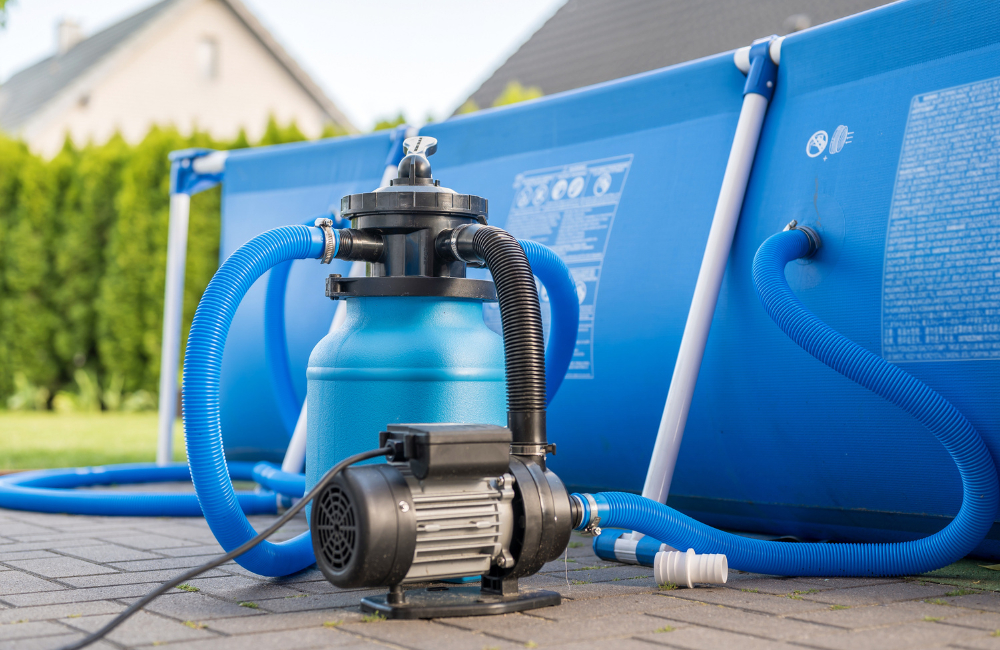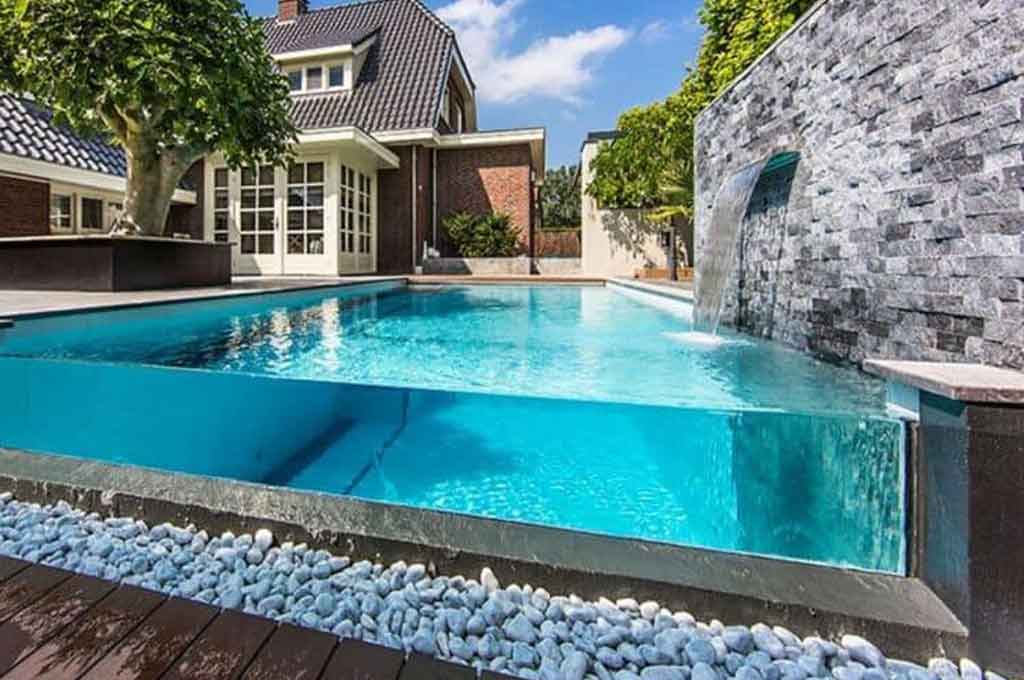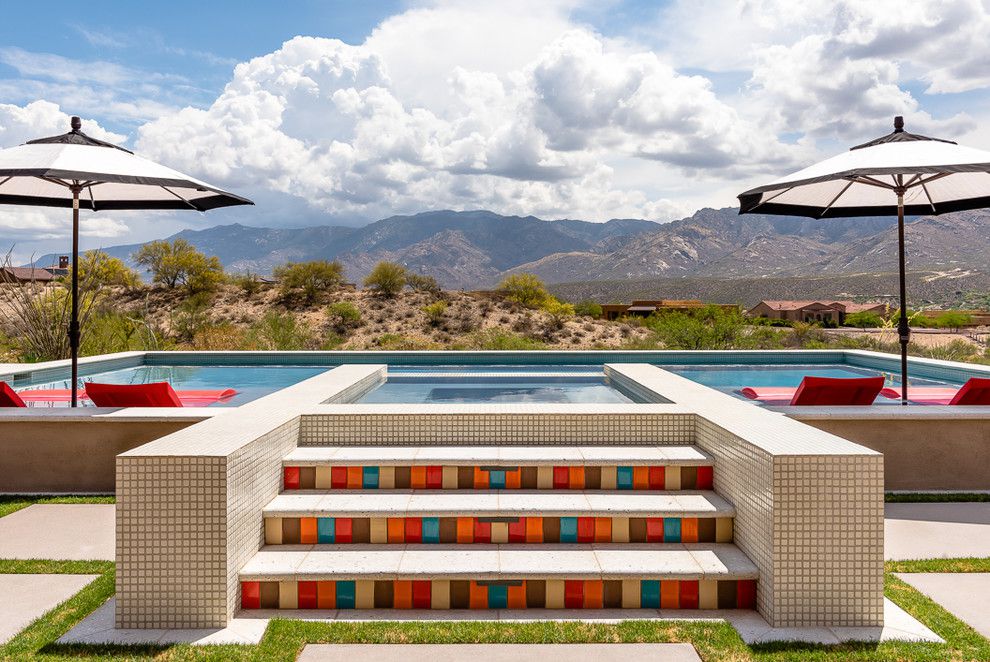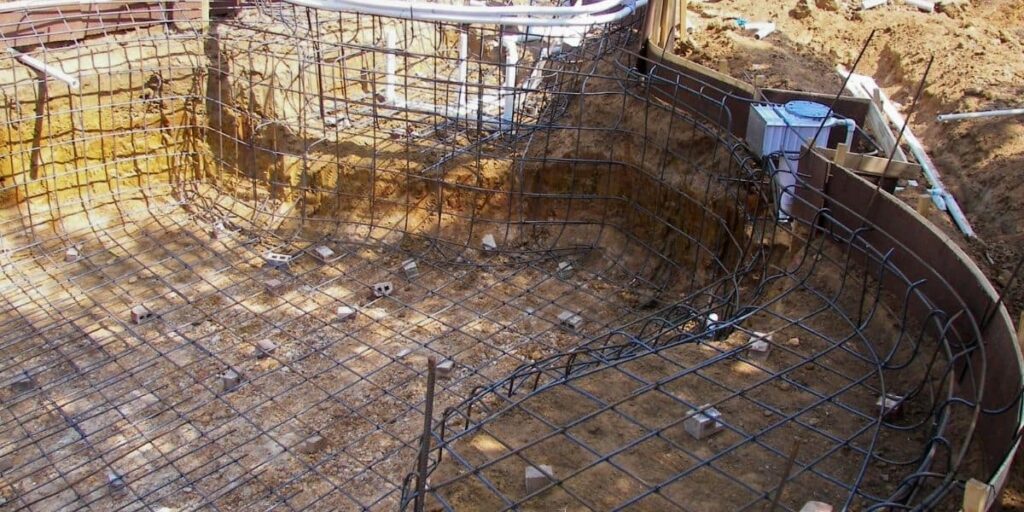Selecting the correct pool filter size is crucial for maintaining clean, clear water in your backyard oasis. Many homeowners underestimate this decision, leading to filtration problems that can be frustrating and costly to fix. Working with experienced swimming pool installers in New Port Richey can help ensure you get the right equipment from the start. This guide explains how to calculate your pool’s needs accurately, match filter capacity to pump flow rates, and consider the specific requirements of different filter media types to create an efficient system that keeps your water sparkling with minimal maintenance.
Importance of Filter Size Selection
Choosing the right pool filter size is essential for ensuring optimal filtration efficiency and maintaining water clarity. The filter size directly impacts its ability to remove debris and contaminants from the water. A filter that’s too small won’t effectively handle your pool’s water volume, resulting in inadequate filtration and potentially cloudy water. Conversely, an oversized filter wastes energy and increases operating costs unnecessarily. By selecting the appropriate filter size based on your pool’s volume and flow rate, you’ll optimize filtration performance, extend equipment lifespan, and enjoy crystal clear water throughout the swimming season.
Determining Pool Volume and Flow Rate
To accurately determine pool volume and flow rate, you must use precise measurement techniques and calculations based on your pool’s dimensions and circulation system.
- Measure your pool’s length, width, and average depth to calculate the total volume in cubic feet.
- Determine the flow rate by measuring how quickly your system fills a container of known volume.
- Calculate the flow rate in gallons per minute (GPM) by dividing the water volume by the fill time.
- Factor in additional features like waterfalls or fountains that might affect the overall flow rate.
Accurate measurements are crucial for selecting a pool filter that can effectively handle your specific water volume and flow rate requirements.
Types of Pool Filters
Understanding the various types of pool filters available is important for maintaining water clarity and cleanliness. The three main filter types are sand filters, cartridge filters, and diatomaceous earth (DE) filters. Sand filters use specialized sand to trap debris and contaminants as water passes through. Cartridge filters employ pleated polyester material to catch impurities. DE filters use fine powder coating on grids to capture even microscopic particles. Each type offers distinct advantages and maintenance needs. Sand filters are economical but require backwashing. Cartridge filters provide better filtration but need regular cleaning. DE filters offer the finest filtration but require periodic recharging with fresh powder. Your choice should align with your maintenance preferences and water quality goals.
Factors Influencing Filter Size Choice
The water volume in your pool and the required flow rate for efficient filtration make filter size selection critical for maintaining water quality. When choosing the appropriate pool filter size, consider these key factors:
- Pool Volume: Larger pools need higher-capacity filters to clean the water effectively.
- Flow Rate: Matching filter size to pump flow rate ensures optimal filtration performance.
- Filter Media: Different filter media types have specific size requirements for maximum effectiveness.
- Maintenance Frequency: Larger filters typically require less frequent cleaning, reducing regular maintenance time.
Maintenance Tips for Optimal Performance
Regular maintenance is essential for keeping your pool filter system working effectively. Check the filter routinely for debris accumulation and backwash when necessary to prevent clogging. Clean or replace filter cartridges according to manufacturer guidelines. Monitor the pressure gauge—when pressure increases 8-10 psi above normal operating levels, it’s time to clean the filter. Maintain proper water chemistry to prevent algae growth or mineral buildup that can reduce filter efficiency. Watch flow rates and backwash as needed to maintain optimal filtration. Consider scheduling professional maintenance annually to ensure your pool filter system remains durable and effective over time.
Related Topics:







